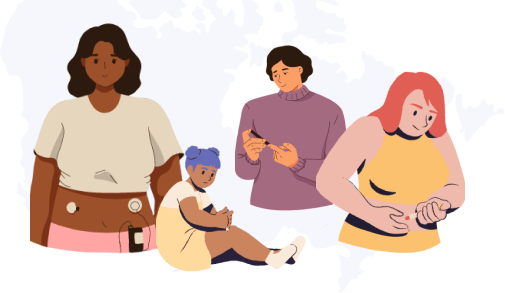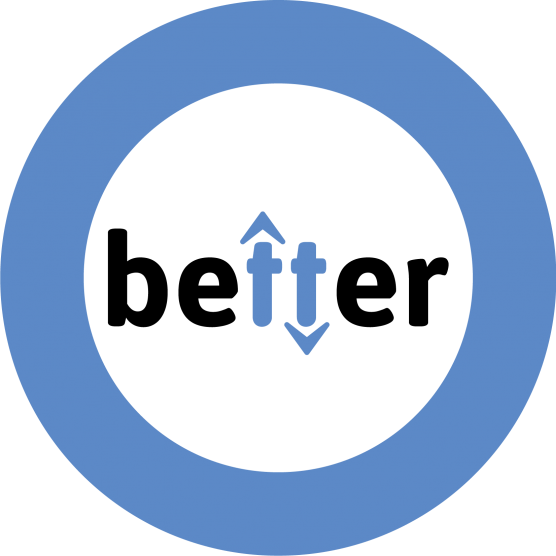Written in May 2021, updated January 2023
Ramadan is a holy month observed by Muslims around the world. During this month, Muslims fast between dawn and sunset, which means they don’t have anything to eat or drink during the day.
In the Islamic faith, some people are exempt from observing Ramadan, such as pregnant women, children and people with certain chronic illnesses (including type 1 diabetes [T1D]). However, the decision to observe it or not is entirely personal. In fact, about 43% of Muslims with T1D who live in predominantly Islamic countries decide to fast.
If you live with T1D and decide to fast, you must be careful to avoid a potentially significant glycemic imbalance. For people with T1D, observing Ramadan is not without risks, particularly if they experience any of the following:
- Glycated hemoglobin (HbA1c) higher than 9%;
- A severe hypoglycemiac episode or diabetic ketoacidosis in the last three months or hypoglycemia unawareness;
- Diabetes-related complications.
What are the risks?
First, the risk of hypoglycemia is higher than usual if you go several hours without consuming any carbs, and even higher if you do any physical activity, even short, low-intensity activity. To minimize this risk, you should review your basal insulin doses with your healthcare team before starting your fast.
Also, when you skip your usual mealtime boluses, you run a greater risk of having ketone bodies, and even more so if you use an insulin pump. When fasting for this long, it is recommended to check your ketone bodies regularly, especially if you have any symptoms such as nausea, fruity or ketone breath, excessive fatigue, etc.
Observing Ramadan safely
If your blood sugar management has been optimal in the last few months and you choose to fast, here are a few tips to help you achieve glycemic balance during the holy month of Ramadan.
Blood sugar management
- One to three months before Ramadan, tell your healthcare team about your fasting plans, and adjust your doses or your type of insulin, if necessary.
- If you suffer from hypoglycemia, it is very important that you break your fast and ingest fast-acting carbs.
- If your blood sugar or ketone body levels are too high, you should follow the intervention plan for ketone bodies. It is also recommended to break your fast.
- Avoid high-intensity physical activity during Ramadan.
- Check your blood sugar more frequently.
What can I eat?
- For sahur (meal eaten before dawn), eat complex carbs (such as beans or whole grains).
- For iftar (fast-breaking meal), start with fast-acting carbs (such as dates, white bread), then switch to complex carbs.
- Once your fast is over, eat balanced meals at regular times.
- Drink 2 L of water between sundown and sunrise.
If your blood sugar levels are often out of range or if a complication arrises, make sure you call your healthcare team as soon as possible.
References:
- Ramadan et diabète. (2019, September 26). Retrieved February 11, 2021. https://www.diabete.qc.ca/fr/comprendre-le-diabete/pratique/situations-particulieres/ramadan-et-diabete/?fbclid=IwAR11C7BzHObexFuSJSNPqSdqkiOIn8w47t536pS-8TDpqHu6MbCoGXgS7Ro
- Al-Arouj, M., et al. (2005). Recommendations for management of diabetes During Ramadan. Diabetes Care, 28(9), 2305-2311. doi:10.2337/diacare.28.9.2305
- Ramadan and diabetes. (n.d.). Retrieved March 01, 2021. https://guidelines.diabetes.ca/healthcareprovidertools/ramadan-and-diabetes
Participate in the BETTER registry!

First registry of people living with T1D in Canada.
Learn More






